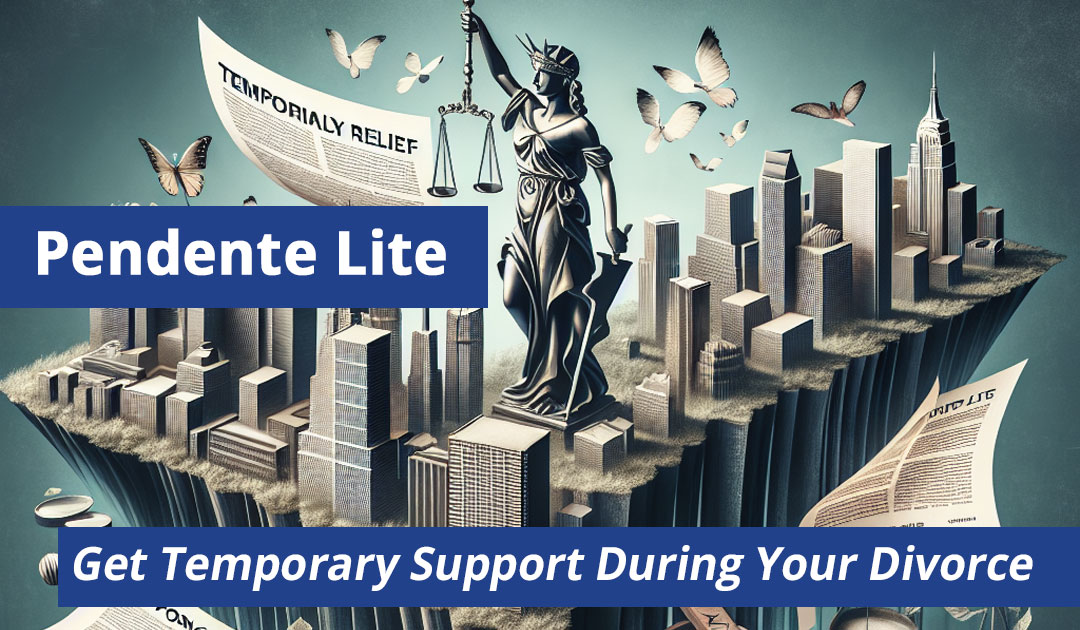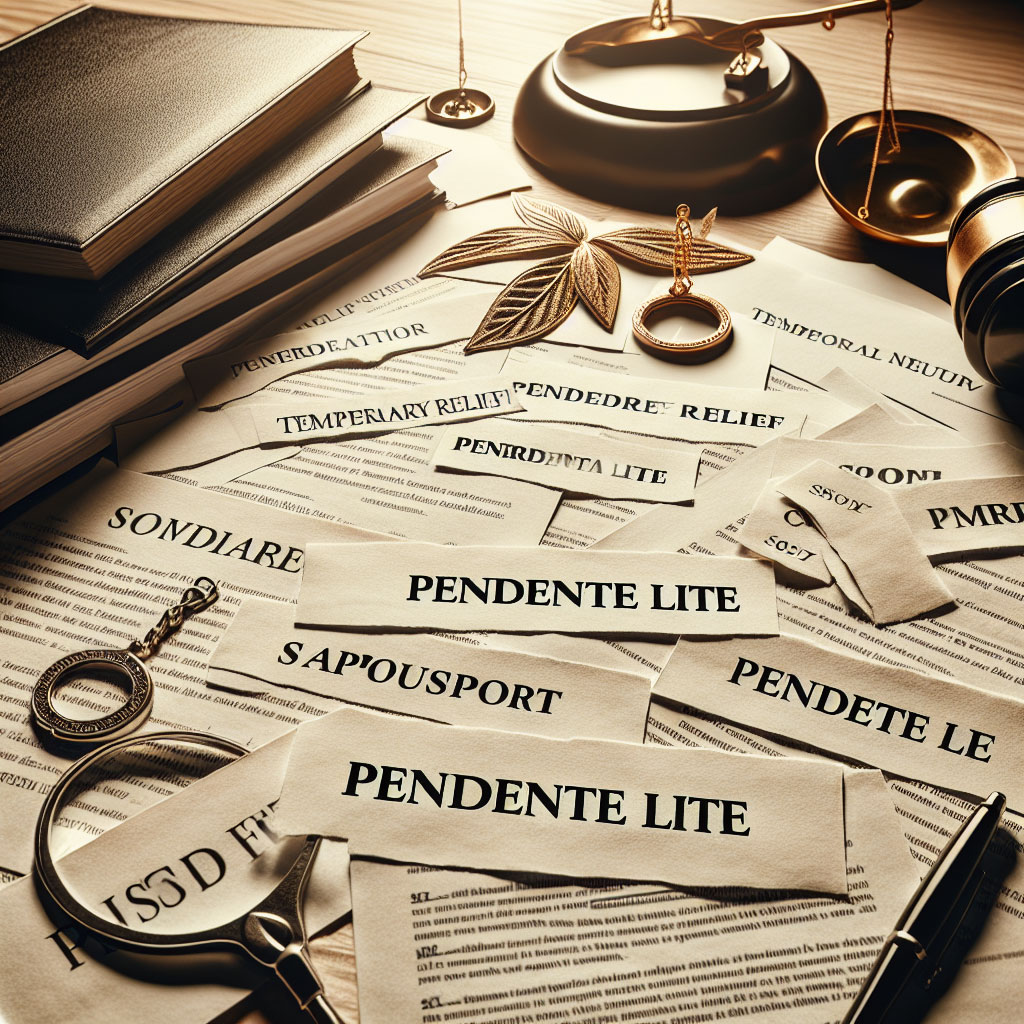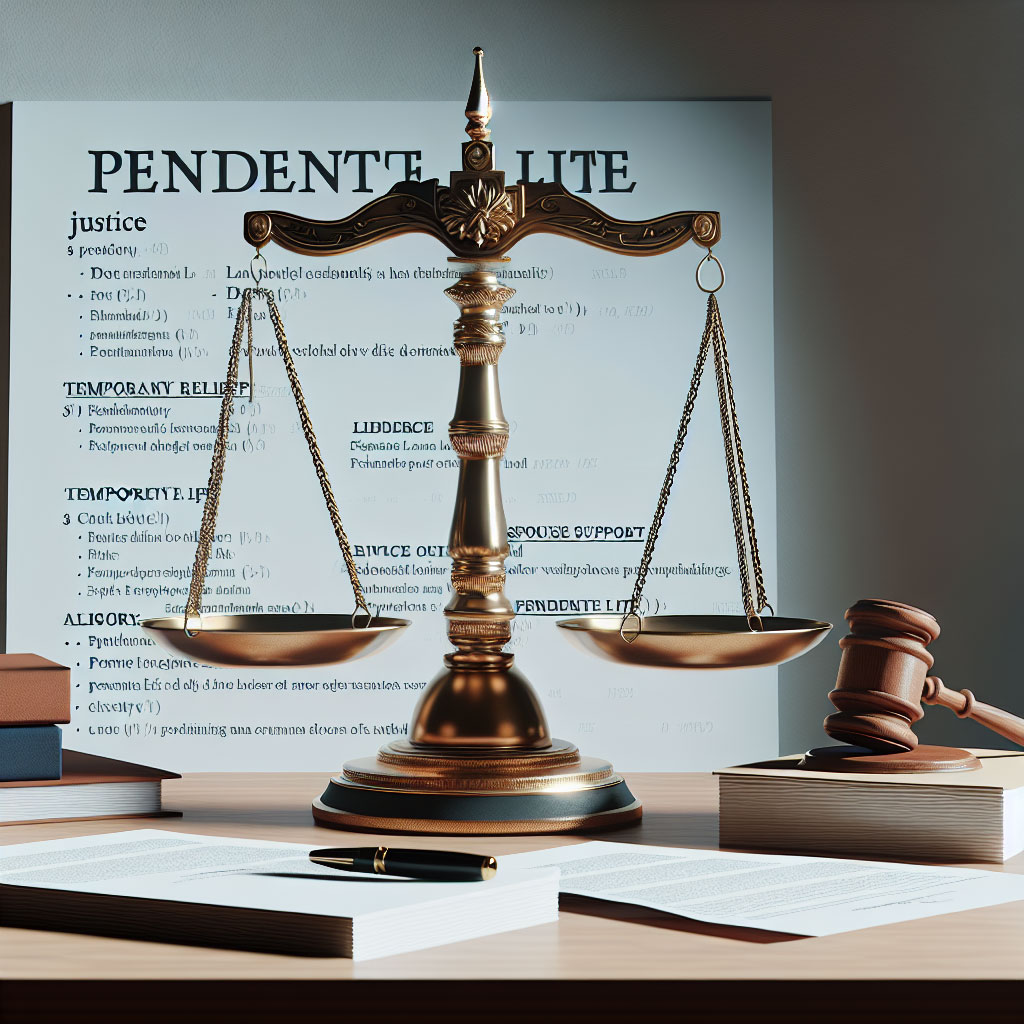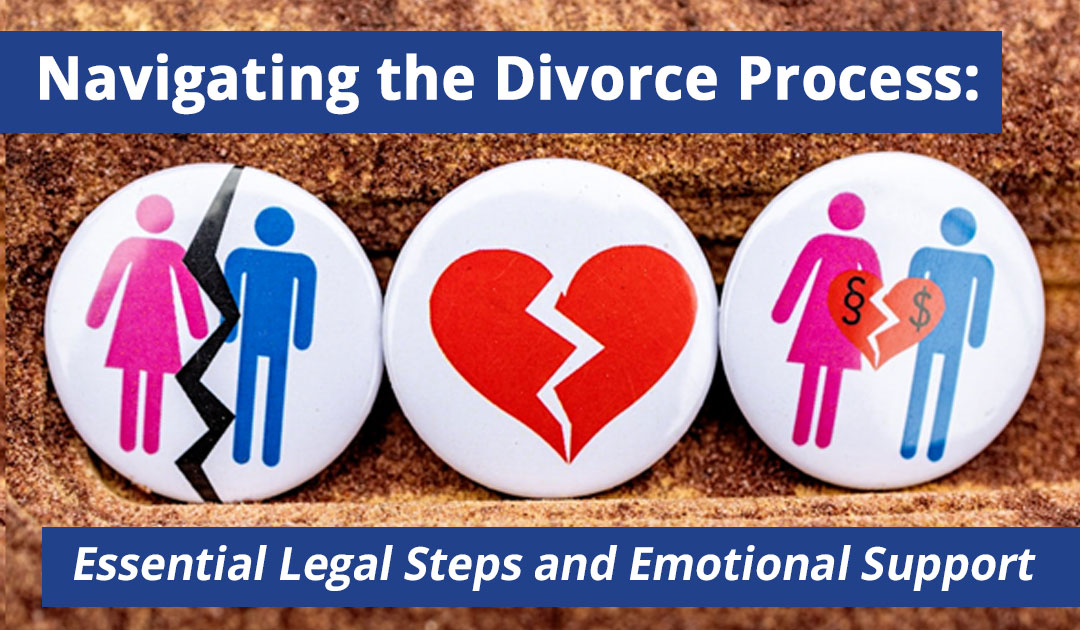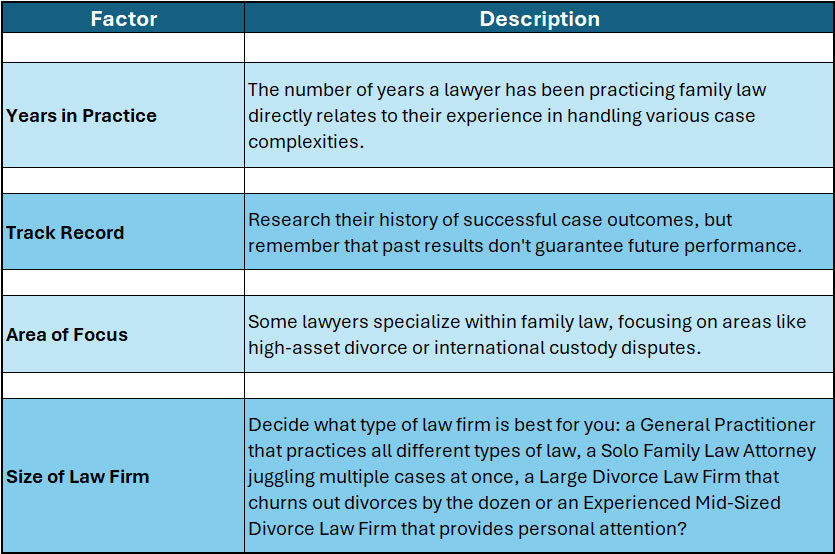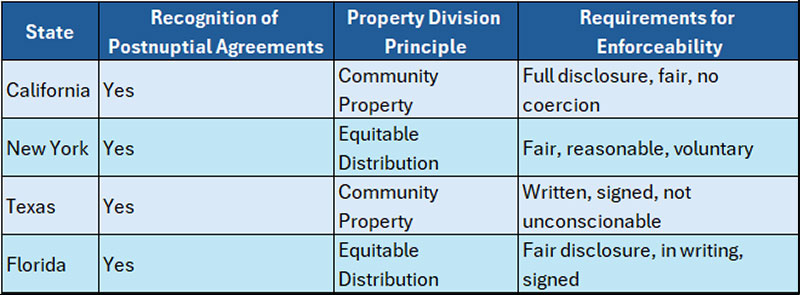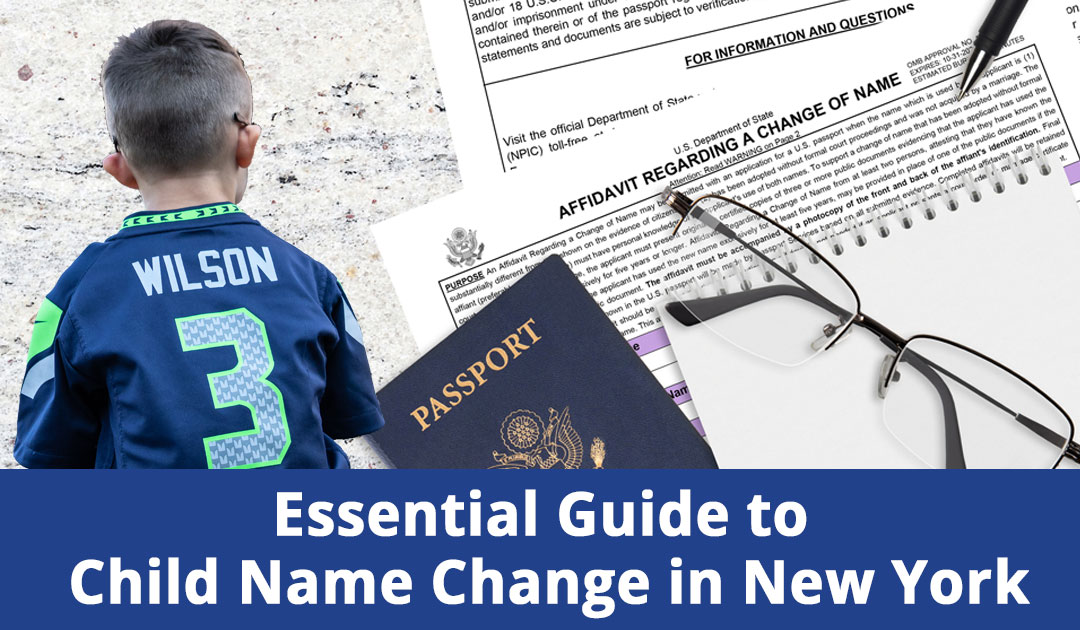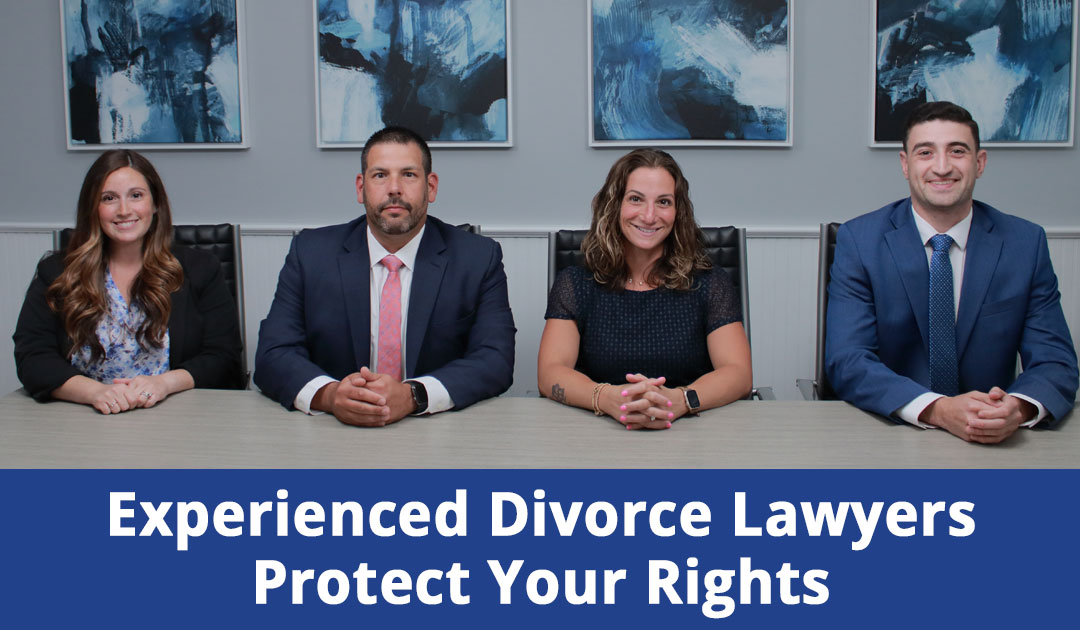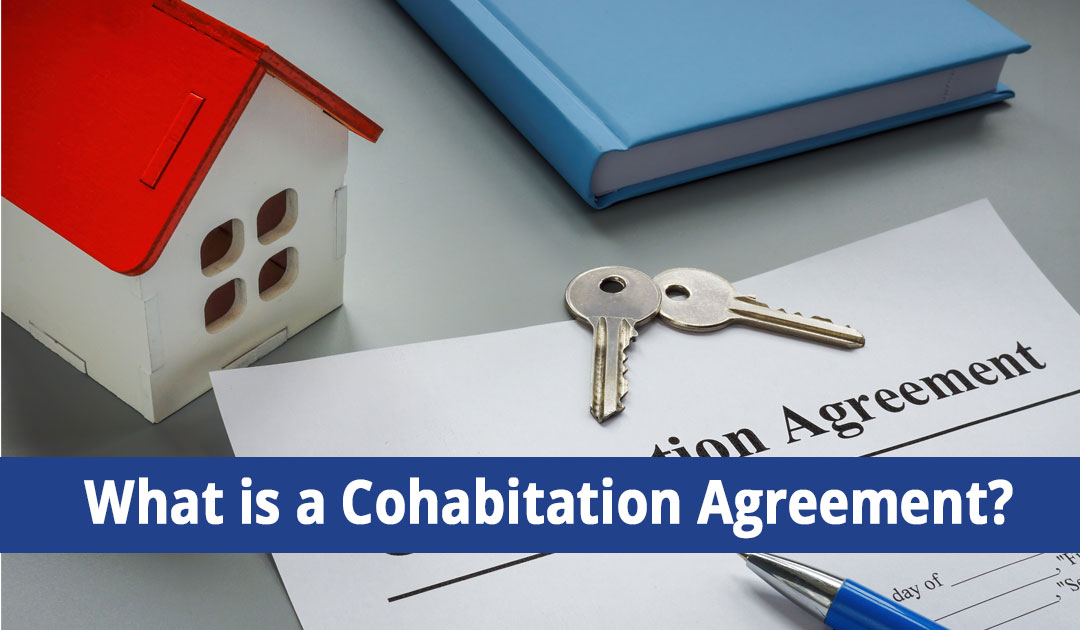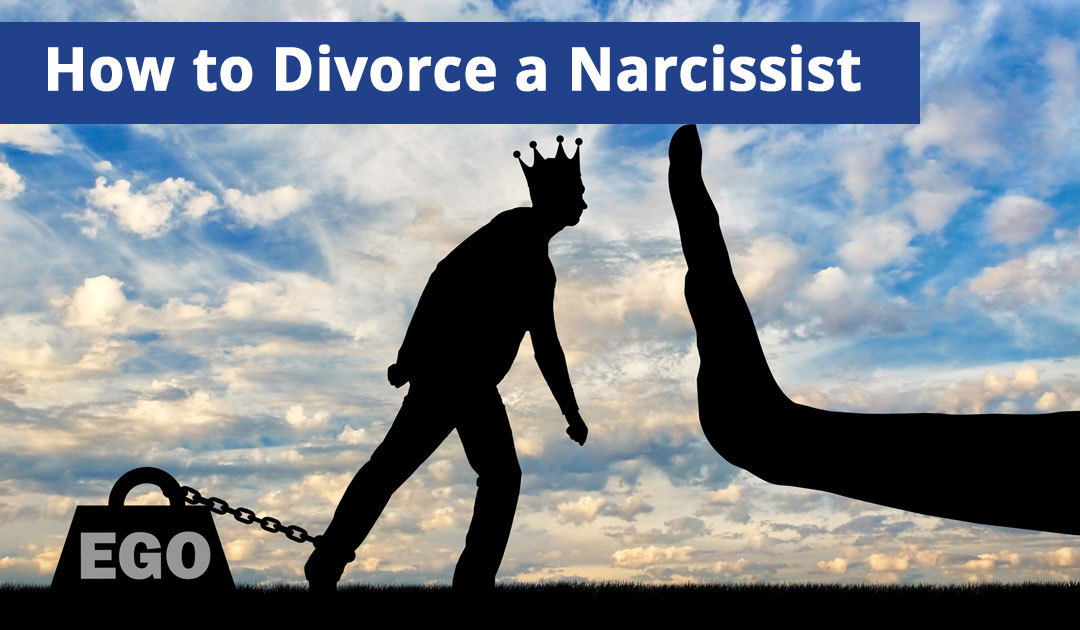
How to Divorce a Narcissist on Long Island, NY
How to Divorce a Narcissist on Long Island, NY
Divorcing a narcissist on Long Island, NY is understandably emotionally draining. However, understanding the right strategies to combat the narcissist can help you navigate your divorce more effectively and less emotionally painful. Keep reading to learn how to recognize if you are divorcing a narcissist and understand how a narcissist will likely behave during your divorce. In this article you will learn what problems narcissists can cause in a divorce, how to avoid common mistakes and learn strategies for how to deal with divorcing a narcissist in New York.
Before we delve into how to divorce a narcissist, let’s understand what narcissism is and how to recognize a narcissist.
What is Narcissism?
Narcissism is described as an inflated sense of self-importance, a need for excessive attention and admiration, and a lack of empathy. Narcissists exhibit are grandiose, have a sense of entitlement, and a tendency to exploit relationships for themselves.
If you understanding these traits you will have an easier time navigating your divorce. You will be able to recognize the manipulation and emotional abuse being inflicted on you by your narcissistic spouse during your divorce. If you are aware of these patterns, you will be better prepared and be able to develop strategies to protect yourself and your emotional health as you navigate the divorce process in New York state.
How to Recognize a Narcissist
Recognizing a narcissist in your divorce is a challenging, especially since you’ve likely been dealing with this person for a long time. Add in the strong emotions a divorce involves and it becomes even more difficult to combat the narcissists tactics.
Narcissists tend to avoid accountability while exhibiting a need for constant validation. They will likely belittle or dismiss your feelings. The narcissist may also exhibit a pattern of “gaslighting”, where they distort reality to make you question your perceptions.
Pay attention to how the narcissist reacts to criticism or perceived slights; a narcissist will often respond with anger or defensiveness rather than introspection. If you can identify these behaviors, you will be better prepared for the emotional rollercoaster that accompanies a divorce from a narcissist. You will be able to approach your divorce with a clearer and more objective mindset.

How Will a Narcissist Behave During Your Divorce?
A narcissist may employ a number of tactics to undermine your confidence and manipulate the situation to their advantage during your divorce. Narcissists are prone to emotional outbursts. They might threaten you or try to provoke you into reacting in a way that can be used against you later.
You must try to remain calm and composed when dealing with a narcissist. They will do anything to elicit an emotional response from you and then exploit that response for their gain. If you can maintaining a level-headed approach, you can protect yourself from strong emotions and position yourself as the more stable party in the eyes of a New York state court. When you anticipate the narcissist’s behaviors you can prepare your responses in advance and navigate your divorce with greater control and less emotional turmoil.
What to Expect When Divorcing a Narcissist in New York
When divorcing a narcissist in New York, you should expect a number of emotional and legal challenges that will differ from a typical divorce. The narcissist will likely attempt to manipulate the narrative, portraying themselves as the victim while undermining your credibility. This will most likely lead to a contentious divorce. They will attempt to use tactics such as intimidation or emotional blackmail to gain the upper hand in the divorce. It’s critical to prepare yourself for these scenarios by carefully gathering evidence of the behavior and seeking the support of experienced professionals who understand the intricacies of the narcissistic personality and New York state law. If you can anticipate these challenges, you will be better equipped to handle your emotions and the legal difficulties that will may arise during your divorce process.
Problems Narcissists Can Cause in a Divorce
Narcissists are likely to create a number of problems for you during you divorce. Rather than negotiate in good faith, they will attempt to manipulate and emotionally abuse you to maintain their control. They may stonewall and refuse to communicate or cooperate. This makes it difficult to reach agreements on important issues like asset division, spousal support or child custody.
The narcissist will also try to turn friends and family against you. They will spread misinformation and lies to undermine your friends and family’s support of you. These actions often create prolonged legal battles, driving up the cost and length of your divorce, not to mention increased emotional stress for you.
If you can recognize these challenges ahead of time, you can create strategies to stay focused on your goals throughout the divorce process.
What Are the Stages of Divorcing a Narcissist?
Divorcing a narcissist usually involves several emotional and strategic phases.
In the first stage, you will likely feel a sense of disbelief or denial as you come to terms with the reality of the situation.
The second stage usually involves a period of intense emotional distress, anger, sadness, and frustration.
As you progress through the stages, it will be very important to keep on the concrete practicalities of the divorce process. Rather than react emotionally to the narcissist’s threats and other tactics of the narcissist, focus on the practical matters that need to be addressed to conclude your divorce.
This is where an experienced divorce attorney can be of tremendous assistance. Your divorce attorney doesn’t have the emotional “baggage” you do and can look at your divorce with the clear perspective to deal with the issues at hand. They will help you understand your legal rights and cut through the “garbage” your narcissistic spouse may be trying to throw in the way of concluding your case. An experienced divorce attorney can help you gather the necessary documentation you need to progress your divorce and develop a clear plan for moving forward.
Seeking emotional support from a therapist or a divorce support group can help you understand your feelings and develop coping strategies to deal with them. It’s important that you prioritize your mental health and well-being during this challenging time of your life.
Throughout the stages of divorcing a narcissist, it’s important to maintaining a support network of friends, family, or professionals. These people can provide you with the support, encouragement and perspective you need to navigate the complexities of effectively divorcing a narcissist in New York.
How to Deal with a Narcissist in Divorce on Long Island, NY
As we delve deeper into the challenges of divorcing a narcissist, it becomes clear that understanding the narcissist’s personality is important to develop and apply specific strategies to combat it.
Understanding of the narcissist’s tactics enhances your ability to analyze complex situations but empowers you to make informed decisions without the emotional manipulation of your narcissistic spouse. By combining the following framework with practical experience, you can turn knowledge into action, which can lead to a more successful outcome for you in your divorce.
Establish Firm Boundaries
Establishing firm boundaries and sticking to them can help smooth your divorce from a narcissist. Narcissists always attempt to manipulate situations to retain control of a situation. By keeping firm boundaries and documenting all of your interactions with your spouse before and during your divorce is critical to your success. If you can document all interactions, you will have a clear and compelling record of any abusive behavior or manipulation directed toward you.
How To Minimize Direct Contact with a Narcissist
To protect yourself from being manipulated, it’s important to minimize direct communication with your narcissist spouse whenever possible. Rather than speak with your spouse on the phone or in person, use written forms of communication such as email or text messages. This will prevent the narcissist’s attempts to manipulate you verbally when you don’t have the time to prepare your responses without emotion.
By communicating only in writing, you will be able to think through and edit your responses before sending them. This will prevent you from saying something that could hurt your case while maintaining a record of your conversations with all of the important details. Communicating in writing, where you have time to think, reduces the chances of being drawn into an emotional confrontation and saying something that could hurt your case.
Of course, you will likely have to communicate with your spouse during your divorce. Whenever possible, you should try to keep these communications through your legal representative. If you have children together, you will likely not be able to keep all communication through your lawyer. Coordinating visitation schedules, school activities and the like will require you to have contact with the children’s other parent. When you must have communication with the other parent, keep your messages clear, concise, and focused on the necessary topics. Don’t get drawn in to any personal discussions that could be used against you in court.
By keeping all your communications with your spouse clear and documented, you will protect your emotional well-being while limiting the narcissist’s ability to manipulate you.
Document All Interactions with the Narcissist
Creating detailed records of all communication with the narcissist is very important in your divorce case. Be sure to keep records of all emails, text messages, and, if necessary, any verbal agreements made during discussions with your spouse. This documentation can provide concrete evidence should disputes arise in court and also serve as a protective measure against false accusations.
If you can document clear and organized accounts of all your communications, you will present a stronger case in court. If you can clearly demonstrate the narcissist’s patterns of behavior and their impact on the divorce proceedings you will be more in control and prepared. This preparation can remove a lot of the nervousness and fear you may experience as you navigate the complexities of the divorce process in New York.

Narcissists, Child Custody and Visitation
As we indicated earlier, child custody and visitation will likely require you to have some contact with your spouse during your divorce process. This communication can lead to conflict when dealing with a narcissist that needs to control everything their way.
One way to minimize a narcissist’s attempts to manipulate child custody and visitation is to create a detailed parenting plan in writing. The parenting plan should outline specific schedules, responsibilities, and how you will communicate to arrange child custody and visitation arrangements. By having a written agreement in place ahead of time, you will limit the narcissist’s ability to manipulate situations when you have to deal with them for the sake of the children. Your written parenting plan ensures clarity for all parties and reduces the opportunities for conflict between you.
Co-Parenting Apps Help Minimize Conflict
Establishing clear communication is important in dealing with day-to-day child custody and visitation issues. Dedicated email accounts and, even better, co-parenting apps used solely for discussions related to the children are very helpful. Co-parenting apps minimize the opportunity for emotional escalation and conflict when it comes to the children, by keeping all communication documented and well-organized.
Having a clear and structured method of communication with your spouse can help ensure that all conversations are focused on the children’s needs and are well documented in writing. If a dispute should arise between you, the app will clearly show the agreement and the communication regarding the dispute. Having this in writing can be very beneficial if the dispute should go to court. Using tools like parenting apps and tactics like keeping all communication in writing, reinforces your commitment to co-parenting effectively, and protects you from the narcissist’s attempts to provoke or emotionally manipulate you.
How To Avoid Mistakes When Divorcing a Narcissist
Narcissists are excellent manipulators. They have many tools to get you to make a mistake that can be costly in your divorce negotiations.
One common mistake people make when divorcing a narcissist is underestimating the power of their manipulative tactics. Don’t fall into the trap of believing that simply presenting the facts is enough to convince a court of the narcissist’s behavior. Narcissists are skilled at twisting narratives and presenting themselves as the victim. This behavior can lead to confusion and doubt even among experienced professionals.
You must remain alert and actively documenting all interactions of their behavior to be used as evidence if necessary. Having the documentation will strengthen your case and help you maintain clarity about the reality of the situation. This is important to prevent yourself from being caught up in the narcissist’s web of deceit.
Get Experienced Legal Help When Divorcing a Narcissist
When divorcing a narcissist, it’s important to enlist the help of an experienced divorce lawyer who understands the dynamics of dealing with narcissists. A lawyer experienced in high-conflict divorces will provide you with the clear guidance you need to navigate the legal complexities of the divorce process while safeguarding your interests. They can help you formulate a strategy that minimizes the narcissist’s ability to exploit the situation. An experienced divorce lawyer can ensure that you are well-prepared for negotiations and any necessary court appearances. Of course, having an advocate by your side that understands the complexities of divorce on Long Island, NY will bolster your confidence and provide you with the reassurance you need during a time will likely be overwhelming alone.
Free Consultation and Case Evaluation with Experienced Divorce Lawyers
The Long Island, NY divorce and family law firm Hornberger Verbitsky, P.C. has over 20 years of experience helping its clients navigate the divorce process in New York. We have dealt with every type of divorce personality in our practice and understand the complexities of dealing with narcissistic personalities. Our firm offers a free consultation and case evaluation to discuss your divorce over the phone, in our offices or over the Internet. During this initial meeting, we will listen to your concerns, answer your questions, and outline the steps involved in managing your divorce. Our goal is to provide you with clarity and confidence as you navigate this challenging time.
Schedule a free consultation and case evaluation with an experienced Long Island divorce lawyer to discuss your case and learn how we can help. We will answer your questions, explain your legal options, and help you understand your rights. Contact Hornberger Verbitsky, P.C. today at 631-923-1910 or fill out the short form below for your complimentary consultation and case evaluation.
~ Paul Carmichael
GET YOUR FREE CONSULTATION TODAY Call 631-923-1910 or fill in the form below

Horberger Verbitsky, P.C. partners Robert E. Hornberger, Esq. and Christine M. Verbitsky, Esq.
Get your complimentary consultation and case evaluation with our experienced attorneys today. Your attorney will describe the many options available and determine together which is the right solution for you. By the end of this conversation, we’ll all understand how we can best help you to move forward.
No Cost or Obligation
There is no cost or obligation for this initial consultation. It is simply an opportunity for us to get to know each other, answer your questions and learn if Hornberger Verbitsky, P.C. is right the right law firm for you. Give us a call at 631-923-1910 or fill in the short form below for your free consultation and case evaluation. All Fields Are Required
About the Author
Robert E. Hornberger, Esq., Founding Partner, Hornberger Verbitsky, P.C.
- Over 20 years practicing matrimonial law
- Over 1,000 cases successfully resolved
- Founder and Partner of Hornberger Verbitsky, P.C.
- Experienced and compassionate Long Island Divorce Attorney, Family Law Attorney, and Divorce Mediator
- Licensed to practice law in the State of New York
- New York State Bar Association member
- Nassau County Bar Association member
- Suffolk County Bar Association member
- “Super Lawyer” Metro Rising Star
- Nominated Best of Long Island Divorce Attorney four consecutive years
- Alternative Dispute Resolution Committee Contributor
- Collaborative Law Association of New York – Former Director
- Martindale Hubbell Distinguished Designation
- America’s Most Honored Professionals – Top 5%
- Lead Counsel Rated – Divorce Law
- American Institute of Family Law Attorneys 10 Best
- International Academy of Collaborative Professionals
- Graduate of Hofstra University School of Law
- Double Bachelor’s degrees in Philosophy, Politics & Law and History from SUNY Binghamton University















